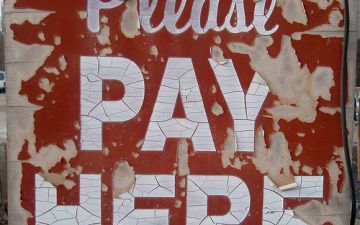Readers Respond to “In Focus: Afghanistan” Question
Mark Stanley, Pulitzer Center
To mark our "In Focus: Afghanistan" series, which has spotlighted important news and issues pertaining to the ramifications of human casualties in Afghanistan, the Pulitzer Center asked our audience the following question:
What role should foreign intervention, military and otherwise, play in state building?"
Below are select responses from our audience.
Tired of Imperialism responded: "Absolutely none. Leave nations to build their own democracies. No one can do it for you."


